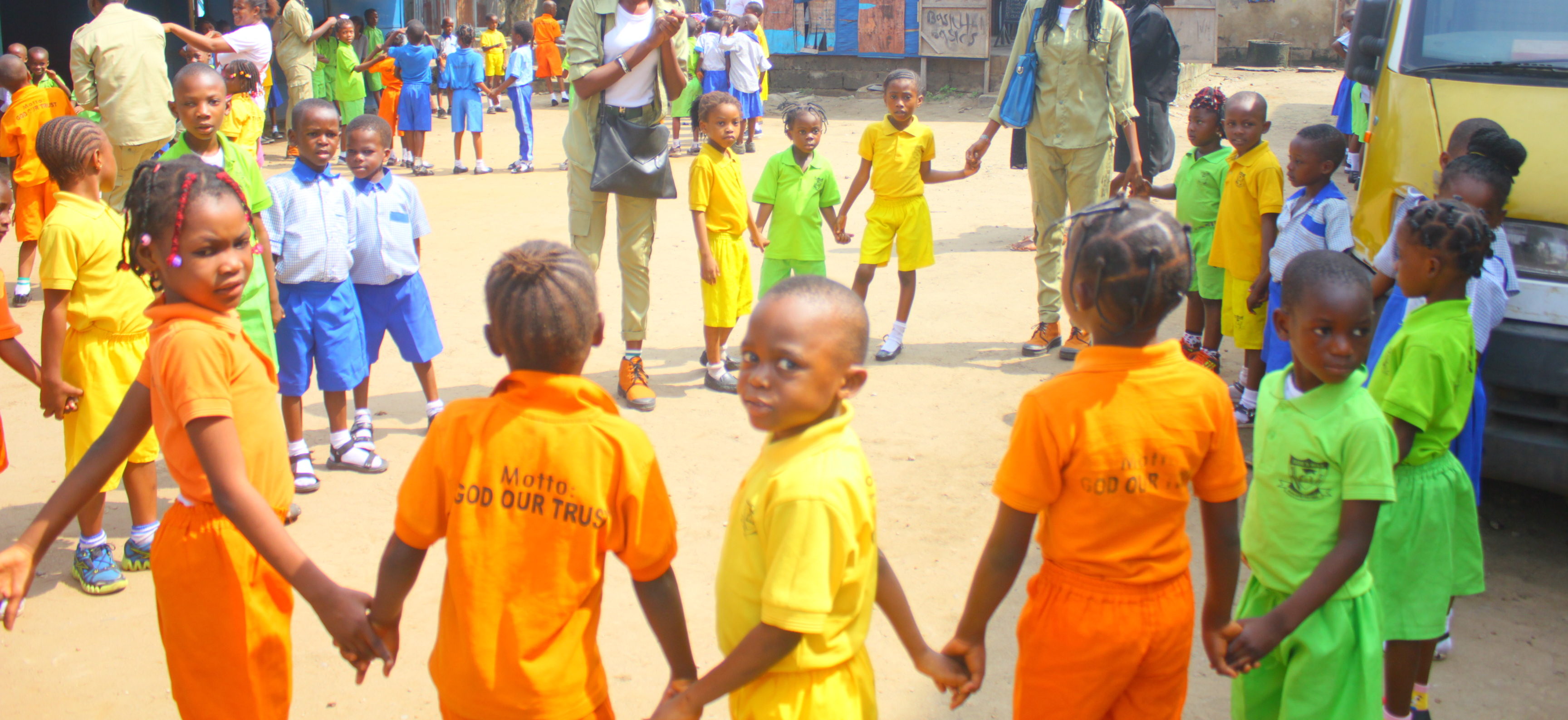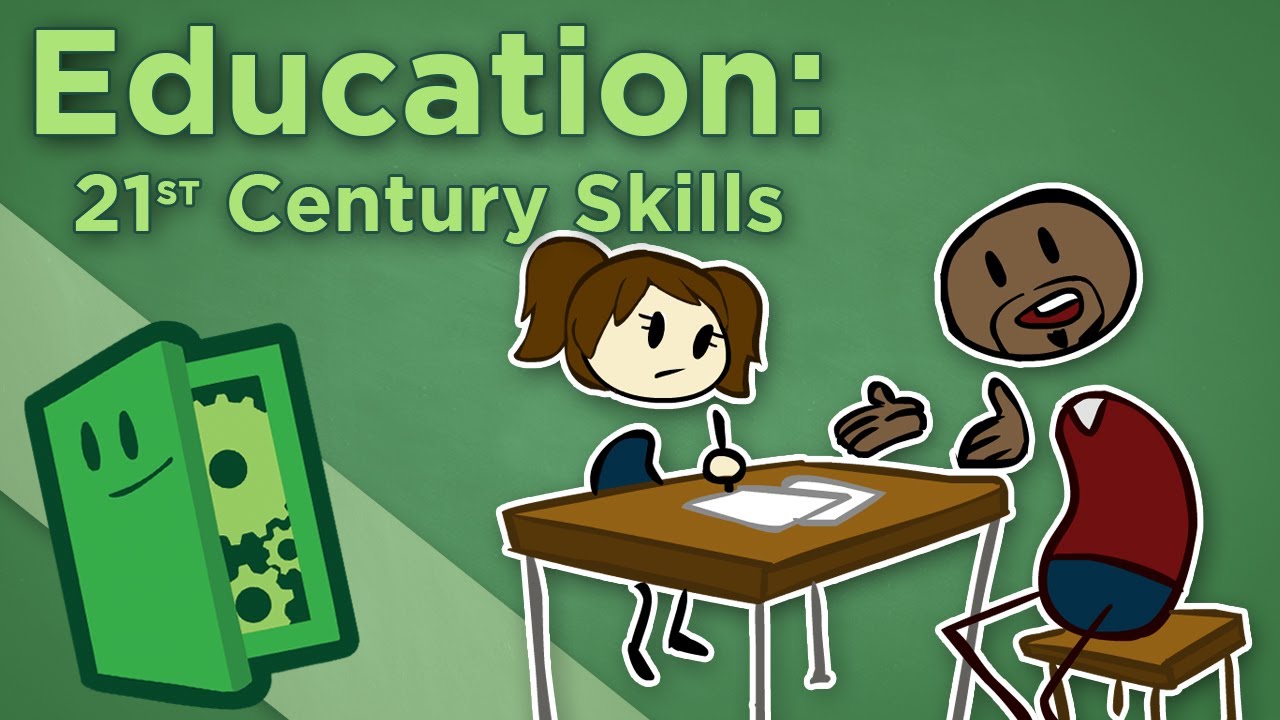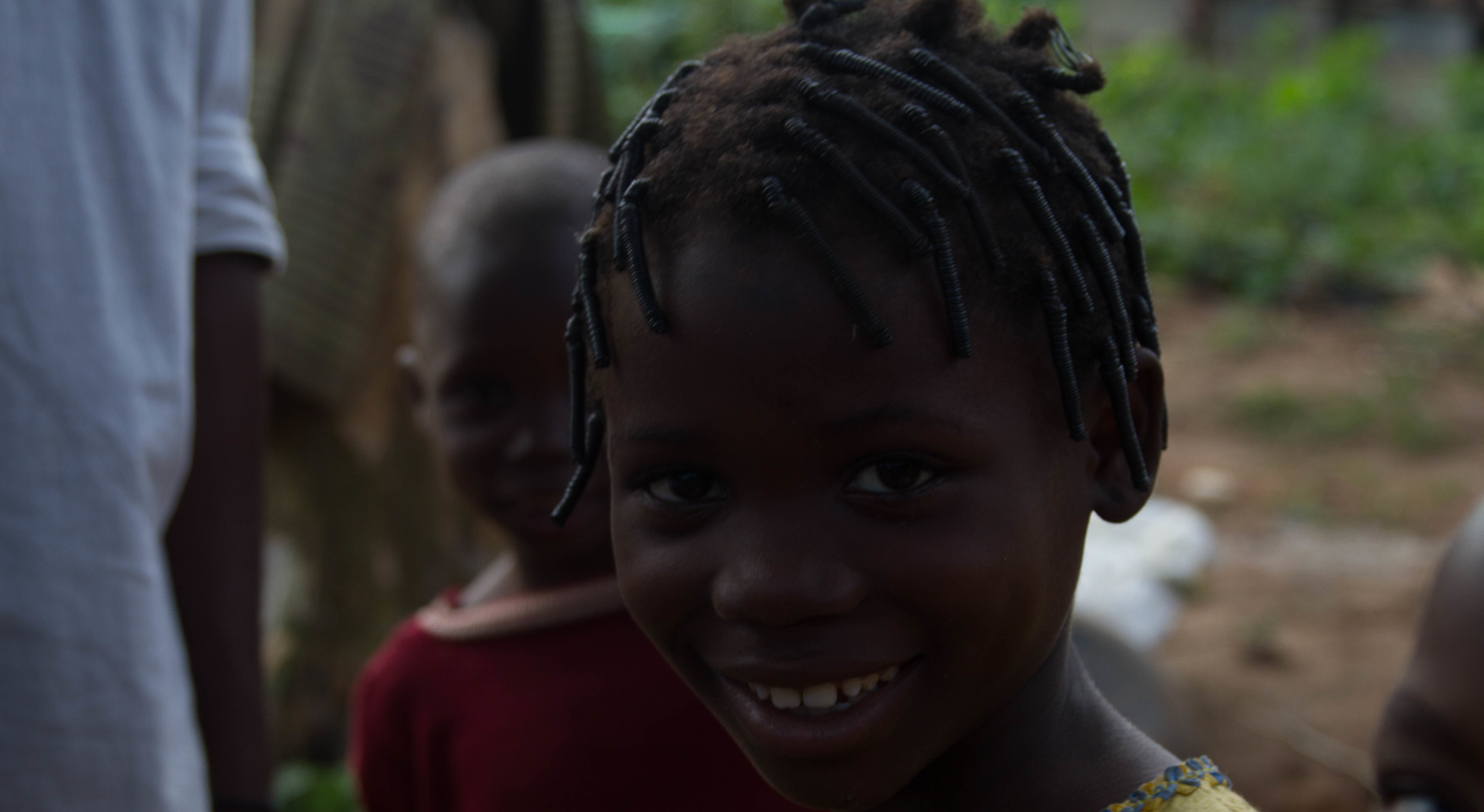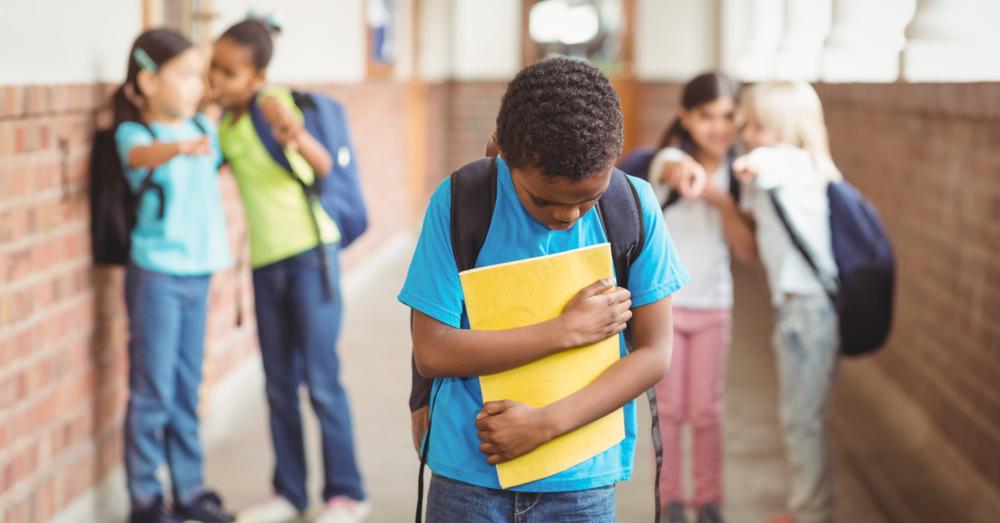
Effects of Out of School Children in our Nation
There are several ways of engineering a society. They include laws, norms, rules and procedures. However, these will remain unfruitful without adequate education which is simply providing an institutional structure for training members of the society. The youth and children are the most malleable members of every society, this is why they are the future of a nation. To determine the future of a nation, consider the education and training given to the youth and children. Therefore, when they are out of school it simply means that the future of the nation is at stake. The aspects that are endangered include economy, security and politics.
Children of today are the human resources that should contribute to the workforce of the country in the future but when they are not educated it negatively affects the future workforce. The problem is not their lack of employment, rather they would be found in menial jobs that do not contribute to the economy of the country neither does it help in its technological advancement. This is why our society suffers from backwardness as it will remain behind the advanced economies. However if the society ensures that children are provided access to quality education, more professionals are then produced for the benefit of the economy and improved GNP (Gross National Product).
When children/youth are out of school, their idleness leads to the increase in social vices and community crime rate. Pickpocketing, burglary, drug abuse, destruction of government property. Children lose the cultural fabric of the society making the society chaotic.
Politically, leaders of the country were produced in schools. Hence if these children do not have access to quality education, the chances of getting good leadership in the country is quite dim, the future will be in shambles. Experiences such as not knowing the right principles of democracy will cause wrong persons to come into power. Today youth sell votes, although being out of school is not the only reasons for that, however, lack of education is a major cause of ignorance, and are incapacitated and they cannot change anything
The solution is not just sending them to school, which is a starting point. More to it is the provision of quality education that is effective in reaching the youth to take right steps in nation building.





